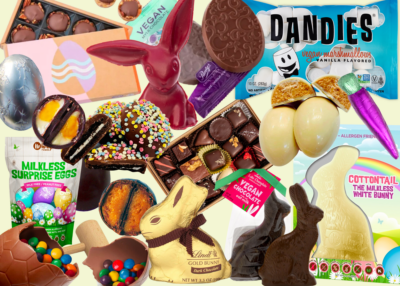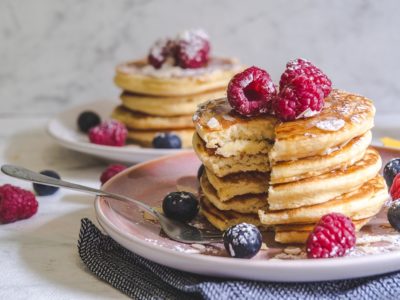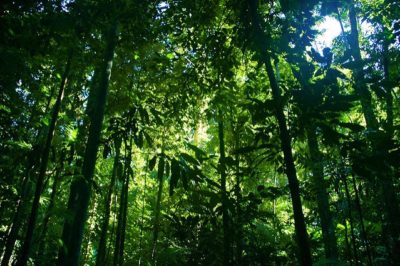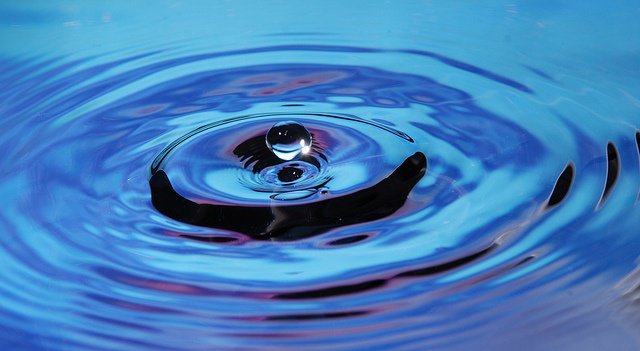
The future of fresh water is under threat, so why are we wasting so much to produce animal products?
Although the surface of our planet is predominantly water, only three per cent of it is fresh, and two-thirds of that is held in frozen glaciers or is otherwise unavailable.[1] Already, 1.2 billion people live in areas of water scarcity[2], and as the climate changes, that figure is set to rise.[3] We mustn’t waste this precious, life-sustaining resource.
And yet that is exactly what we do every time we consume animal products. Globally, agriculture uses 70 per cent of all available water[4] and the thirstiest kind of all is animal farming.
Why So Much Water?
From the irrigation of crops (and far more are needed to feed animals than if people ate them directly) to animals’ drinking water, and from cleaning out farm sheds to the water-intensive slaughter process, vast quantities of water are needed to produce meat, milk and eggs.
So, while it takes a staggering 9,000 litres of water to produce just one pound of beef, it takes just 60 litres of water to produce one pound of potatoes or 229 litres to produce one pound of rice.[5]
Unsurprisingly, the United Nations describes animal farming as having ‘an enormous impact on water use’.[6]
The best way to save water is to eat vegan!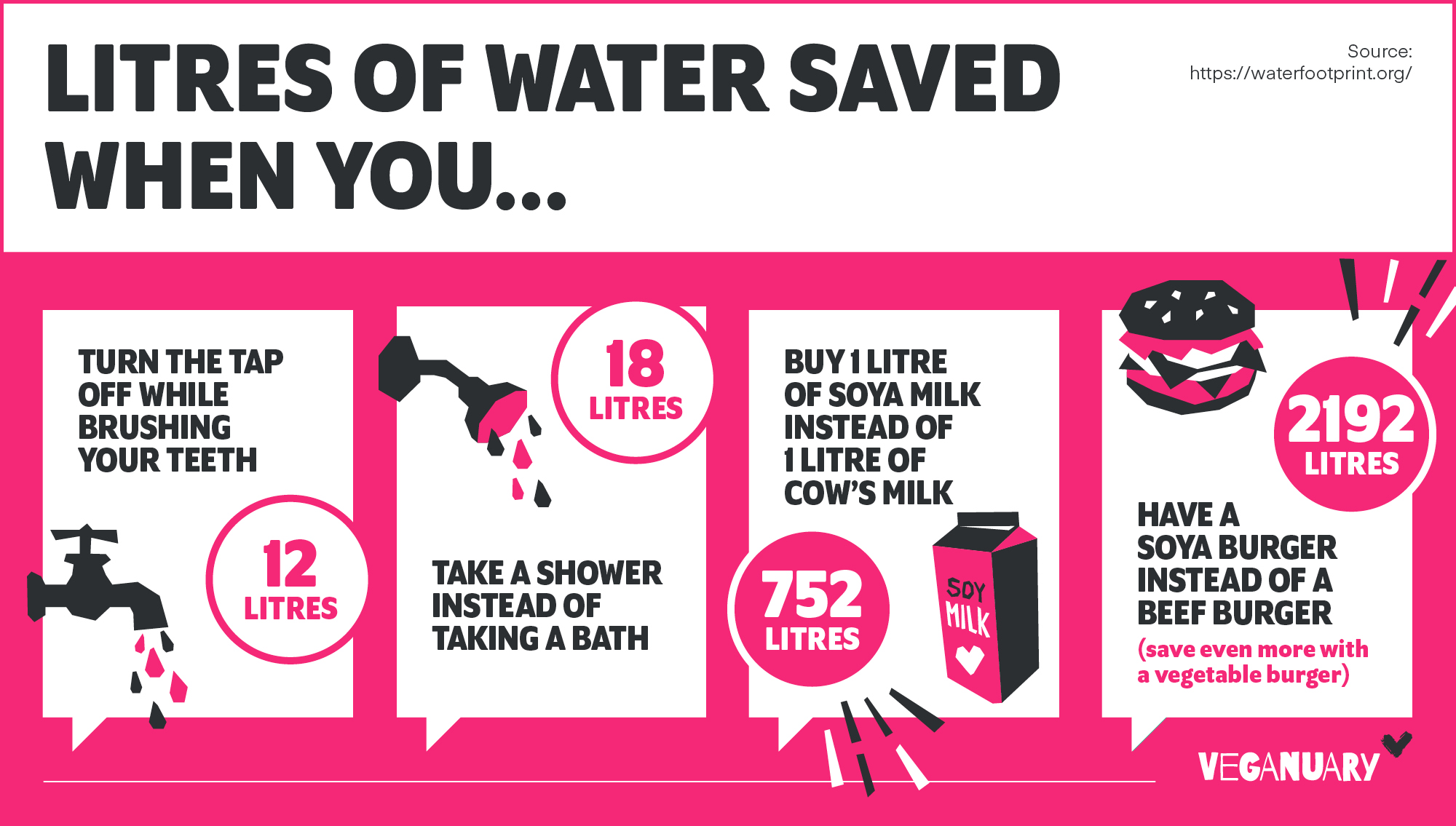
References
1 ‘Water scarcity: overview’, World Wildlife Fund. https://www.worldwildlife.org/threats/water-scarcity [Accessed 1 December 2018]
2 ‘Water scarcity’, UN-Water. http://www.unwater.org/water-facts/scarcity/ [Accessed 21 May 2020]
3 ‘The looming threat of water scarcity’, Worldwatch Institute, 19 Mar 2013. http://www.worldwatch.org/looming-threat-water-scarcity [Accessed 1 December 2018]
4 John Vidal, ’10 ways vegetarianism can help save the planet’, The Guardian, 18 Jul 2010 https://www.theguardian.com/ [Accessed 1 December 2018]
5 Ibid
6 ‘Livestock’s Long Shadow’, Food and Agriculture Organization of the United Nations, 2006. [Accessed 1 December 2018]


